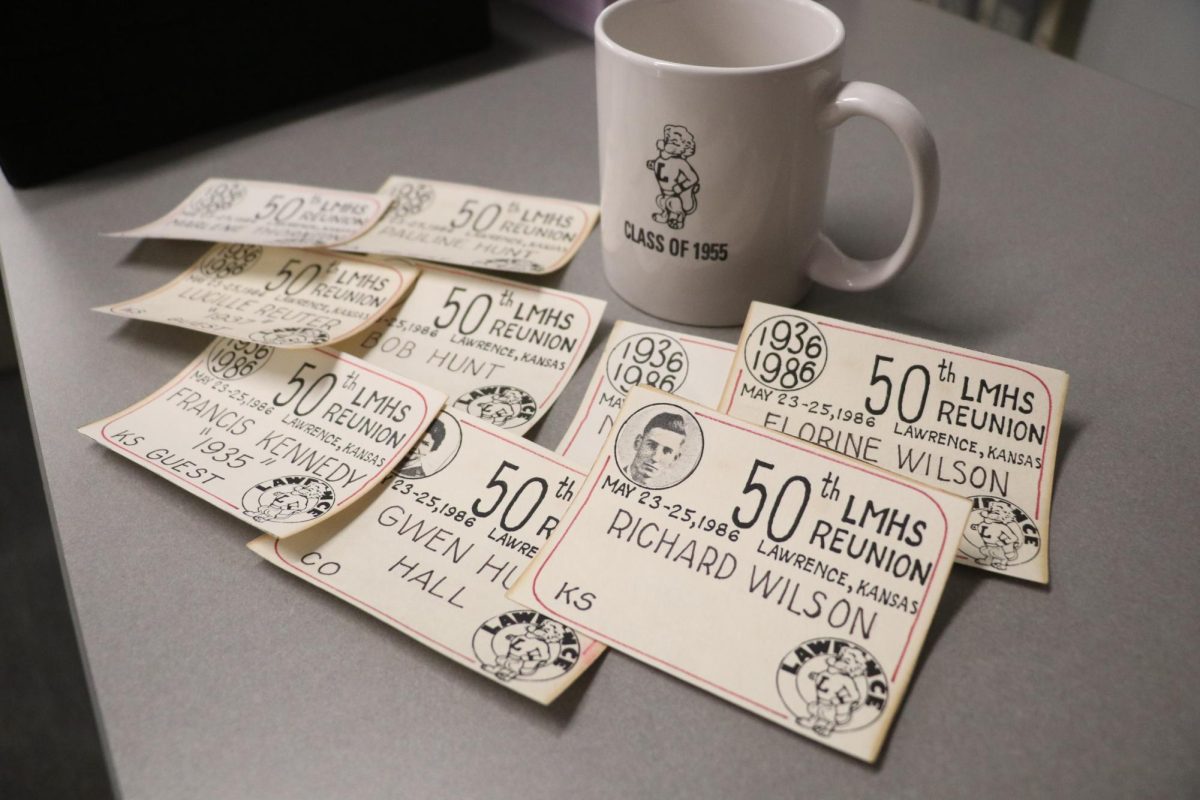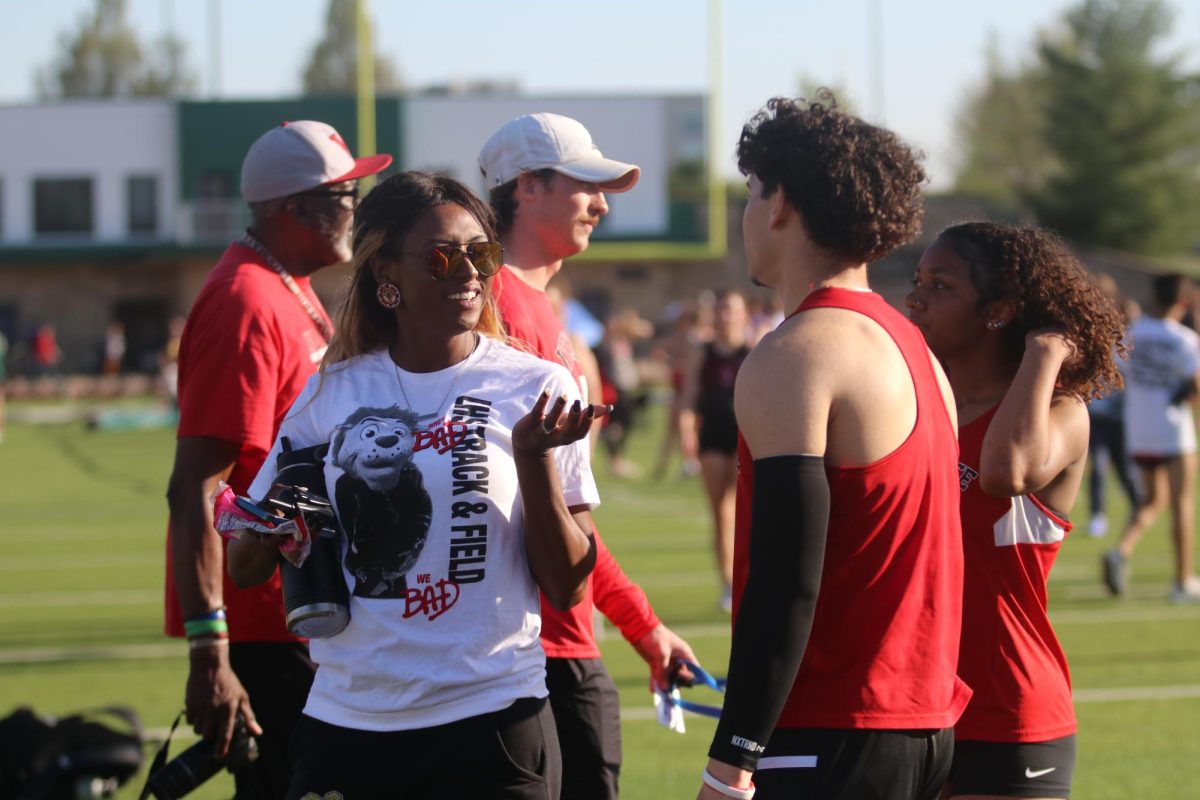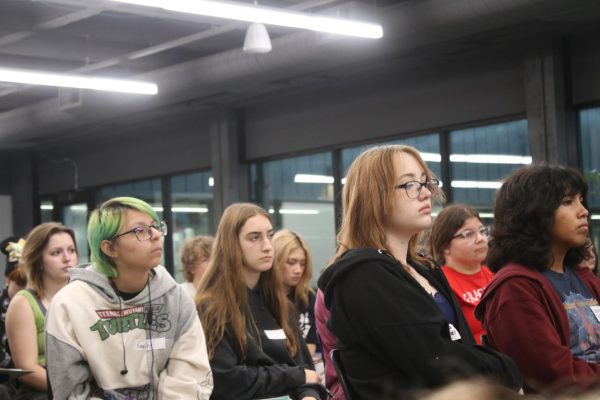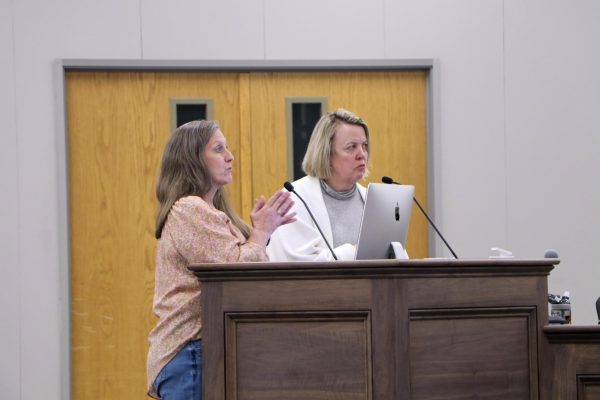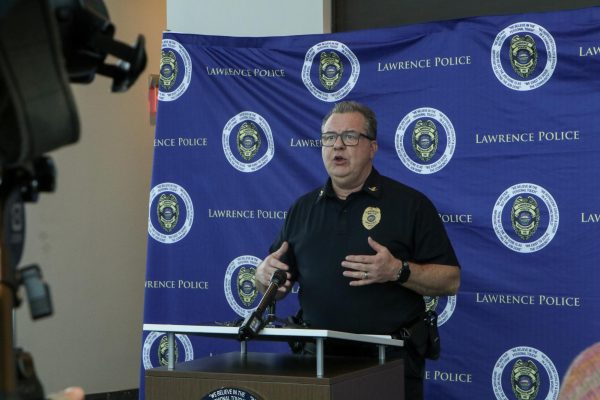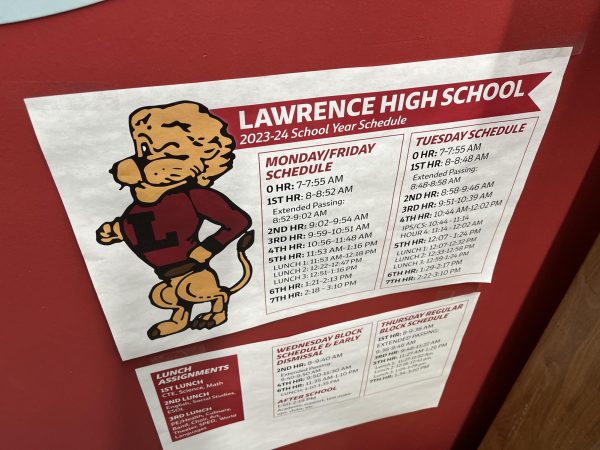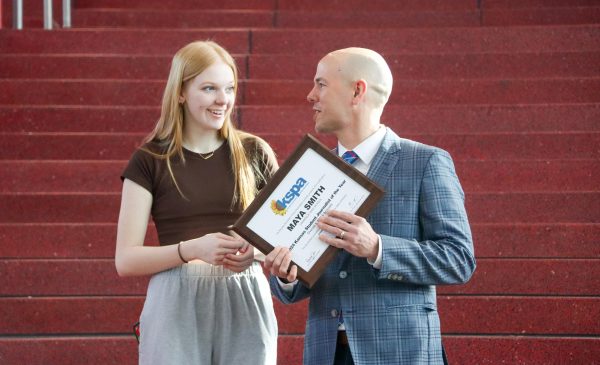For minors who drink, law will help in emergencies
New Kansas law grants amnesty to those drinking illegally in situations where law enforcement, paramedics are needed so minors can seek help in emergencies
April 27, 2016
From frats to friends’ unsupervised homes, underage drinking is a seemingly solutionless problem in a college town as big as Lawrence, with more than 28,000 college students.
A piece of Kansas legislation, signed into law by Gov. Sam Brownback on Feb. 23, will now protect underage drinkers who call 911 for help.
Social worker Lynisha Thomas sees the law as a positive thing for safety but is worried about possible misuse.
“I’m on both sides,” she said. “I can see good for it and I can also see bad, so it’s a law now, so follow it. Hopefully, that information [gets] out so people are more aware of that, especially so maybe it could prevent deaths.”
A student, who asked to remain anonymous because he was talking about underage drinking, said younger drinkers are typically social drinkers. He will be referred to as “John” in the story.
“I think high school and college students drink mainly for social reasons and enjoyment, depending on the person,” John said.
Under the new law, students will be required to stay at the scene and cooperate with law enforcement and EMTs in order to receive amnesty.
The bill was pushed for by the father of a former KU student, Jason Wren, who died of alcohol poisoning in March 2009.
Binge drinking isn’t uncommon for area students. Nearly 22 percent of seniors said they drank five or more drinks in one occasion in the 2014 Kansas Communities that Care Student Survey.
With school breezing into May, the Lawrence underage drinking task force will be looking out for high school and college students in possession of alcohol. Ultimately, the law offers students another way to get help in unsafe situations.
“I think the law will help encourage teens to contact law enforcement in those situations,” John said. “It’s important for teens to know that in extreme situations, like it someone has alcohol poisoning, it’s OK to contact law enforcement to get that person the medical care they need, and that if they cooperate with the police, they will not be arrested or get in trouble.”





